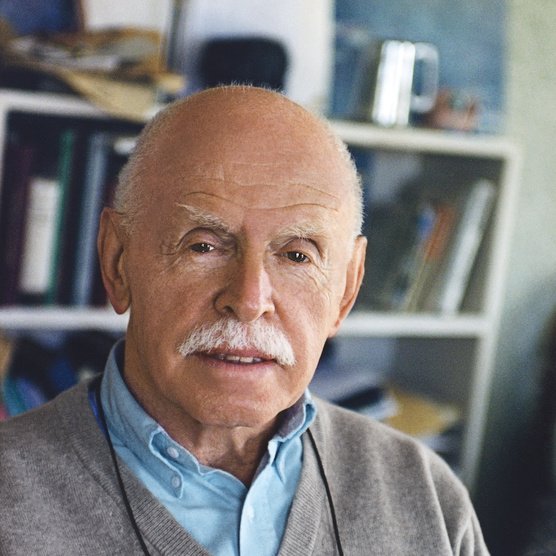Jerome A. Cohen is an expert on law in East Asia. He has been an adjunct senior fellow for Asia studies at the Council on Foreign Relations since 1995. Cohen has special expertise in business and public law relating to Asia, especially China. He served as the codirector of NYU’s U.S.-Asia Law Institute and since 1990, has been a professor at the New York University School of Law, where he currently teaches courses on topics including China’s legal tradition and law and society in China.
Cohen formerly served as Jeremiah J. Smith professor, director of East Asian legal studies, and associate dean at Harvard Law School. He has published several books, including The Criminal Process in the People's Republic of China, 1949–63, People's China and International Law, and Contract Laws of the People's Republic of China, and many articles on Chinese law as well as a general book, China Today, coauthored with his wife, Joan Lebold Cohen. In 1990, he published Investment Law and Practice in Vietnam.
The Cohens lived in Beijing during 1979–81, while Cohen took part in various trade and investment contract negotiations as consultant to the Coudert Brothers law firm and taught a course on international business law in the Chinese language for Beijing officials. Cohen formerly served as advisor to the government of Sichuan Province, China; as chairman of the American Arbitration Association's China Conciliation Committee and to the New York/Beijing Friendship (Sister City) Committee; as trustee to both the China Institute in America and the Asia Society; and as a member of the board of editors of both the China Quarterly and the American Journal of International Law. He continues to serve on the advisory board of Human Rights Watch –Asia and is a trustee of the Carnegie Endowment for International Peace.
Cohen is a Phi Beta Kappa graduate of Yale College (BA, 1951) and graduated from Yale Law School (JD, 1955), where he was editor in chief of the Yale Law Journal. He was law secretary to both U.S. Supreme Court Chief Justice Earl Warren (1955 Term) and to Justice Felix Frankfurter (1956 Term). He subsequently practiced law, served as an assistant U.S. attorney for the District of Columbia and was a consultant to the U.S. Senate Committee on Foreign Relations before beginning an academic career at the University of California, Berkeley, School of Law in 1959. He moved to Harvard Law School in 1964 and remained a full-time faculty member there until he joined the international law firm of Paul, Weiss, Rifkind, Wharton & Garrison in 1981. He retired from commercial law practice in 2000 but continues to serve as an arbitrator and mediator in international business disputes relating to Asia and as an advisor to families of persons detained in China and Taiwan. He is a member of the bars of New York, Connecticut, and the District of Columbia.
 Online Store
Online Store
